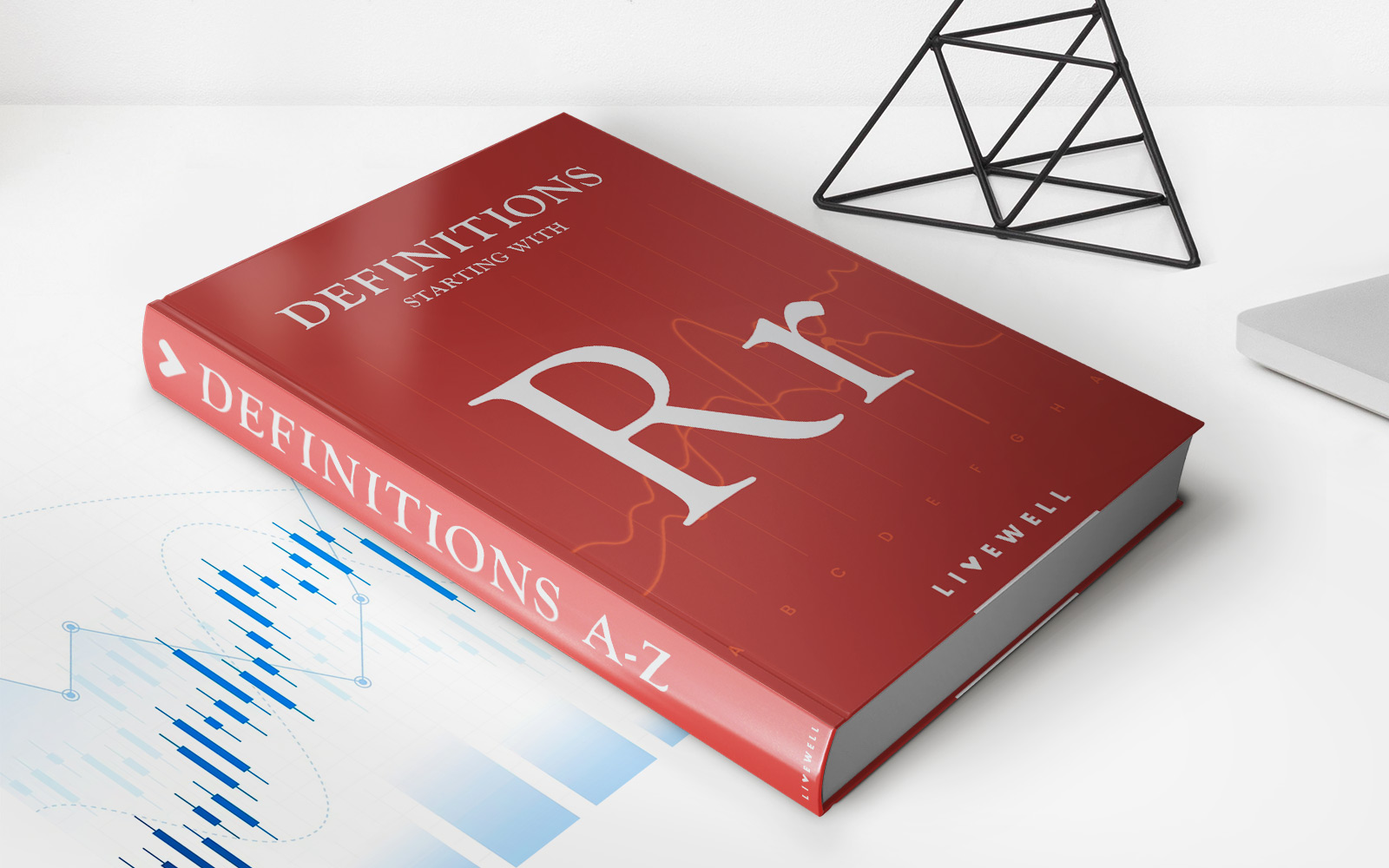Home>Finance>Origination: Definition In Finance, Loan Process, And Requirements


Finance
Origination: Definition In Finance, Loan Process, And Requirements
Published: January 4, 2024
Learn about the definition of origination in finance, loan process, and requirements. Explore the key aspects of finance and stay informed in the world of lending.
(Many of the links in this article redirect to a specific reviewed product. Your purchase of these products through affiliate links helps to generate commission for LiveWell, at no extra cost. Learn more)
Origination: Definition in Finance, Loan Process, and Requirements
Are you thinking of applying for a loan? Understanding the loan origination process is crucial to make informed decisions about your finances. In this blog post, we will explore the definition of origination in finance, the loan origination process, and the requirements you need to meet. By the end of this post, you’ll have a clear understanding of origination and its significance in obtaining a loan.
Key Takeaways:
- Origination in finance refers to the process of creating and processing a loan application.
- There are various steps involved in the loan origination process, including application, underwriting, and closing.
What is Origination in Finance?
In finance, origination refers to the creation and processing of a loan application. When you apply for a loan, you have to go through the origination process, which involves the evaluation of your creditworthiness, income, and collateral (if applicable). Origination is essentially the first step towards obtaining a loan, where the lender assesses your eligibility and determines the terms and conditions of the loan.
The loan origination process can differ slightly depending on the type of loan you’re applying for and the lender you choose. However, there are a few common steps that most loan origination processes follow:
- Application: You’ll start by filling out an application form, providing personal and financial information, as well as details about the loan you’re seeking. This information helps the lender assess your creditworthiness and determine the loan terms.
- Underwriting: After receiving your application, the lender will review your financial and credit history, verifying the information provided. They will also consider factors like your debt-to-income ratio, employment history, and any existing assets or liabilities. This step helps the lender assess the risk of granting you a loan.
- Closing: If your loan application is approved, you’ll enter the closing phase. During this stage, you’ll sign the necessary documents, including the loan agreement and any additional agreements related to the loan. The lender may also conduct a final review to ensure all information is accurate before disbursing the funds to you.
Loan Origination Requirements
While loan origination requirements can vary, some common factors lenders consider include:
- Credit Score: A higher credit score generally increases your chances of loan approval and may result in more favorable loan terms.
- Income and Employment: Lenders need to evaluate your income stability and employment history to assess your ability to repay the loan.
- Collateral: In some cases, lenders may require collateral, such as a property or vehicle, to secure the loan. This helps mitigate the risk for the lender, as they can seize the collateral if you default on the loan.
- Debt-to-Income Ratio: This ratio compares your total monthly debt payments to your monthly income. Lenders use it to assess your ability to handle additional debt.
- Documentation: You’ll typically need to provide certain documents, such as proof of identity, income statements, bank statements, and tax returns.
It’s important to note that each lender may have specific requirements, so it’s advisable to reach out to potential lenders or consult with a financial advisor to understand the exact documentation and criteria they require.
In Summary
To recap, origination in finance refers to the process of creating and processing a loan application. It is the initial step towards obtaining a loan and involves evaluating your creditworthiness, income, and collateral (if applicable). The loan origination process typically includes filling out an application, undergoing underwriting, and concluding with the closing phase. Meeting requirements, such as having a good credit score, stable income, and providing necessary documentation, is essential to increase your chances of loan approval.
As you embark on your loan application journey, remember to gather the required documents, research lenders, and establish a clear understanding of your financial situation. This knowledge will empower you to make informed decisions and secure the most favorable loan terms possible.














